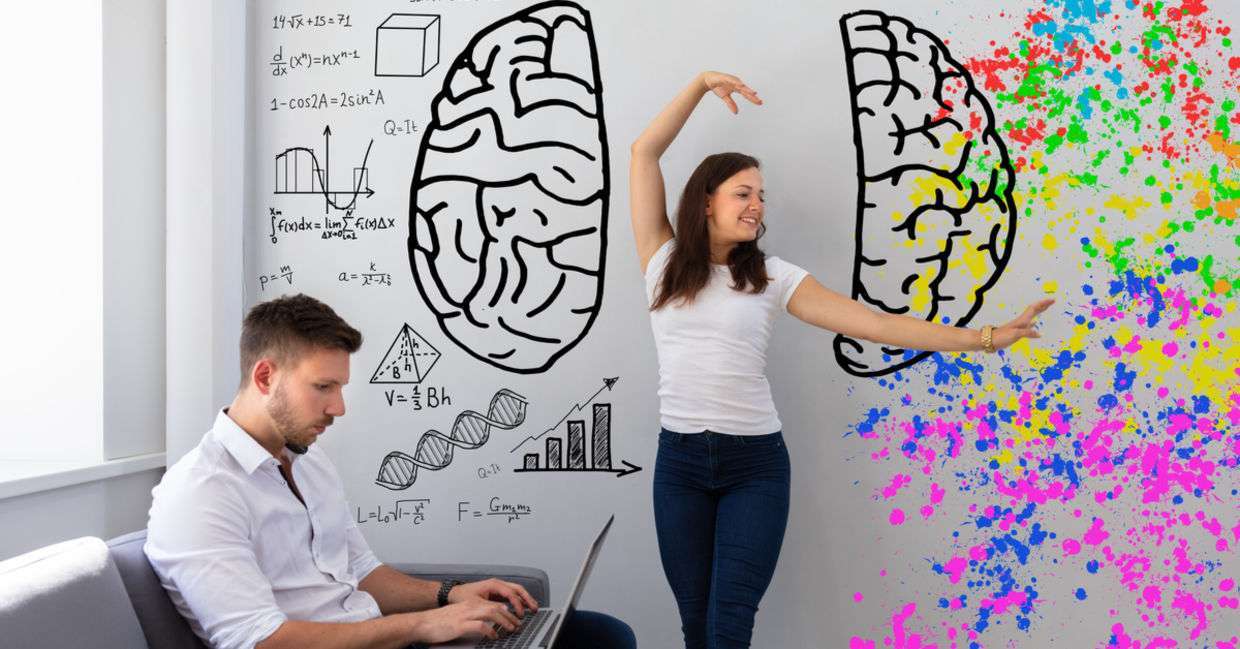Is solving riddles good for your brain?
They sharpen your logic and reasoning thinking
Puzzles and riddles are intended to exercise your mind. Crossword puzzles, riddles, word searches, and logic problems can all activate different parts of your brain, helping you to hone your critical and analytical thinking skills.
Puzzles can be a fantastic solitary or family activity. It doesn’t really matter if your preferred puzzle is a 1,000-piece jigsaw, the Sunday crossword puzzle from the New York Times, a wooden brain teaser, or a 3D mechanical puzzle since they all have one thing in common: they stimulate your brain.
In the digital era, puzzles are still highly popular, although this trend has a very long history.
Since the time of the ancient world, puzzles have appeared in a variety of forms. The Bible makes reference to riddles, puzzle jugs from Cyprus dated to 1700 BCE, and magic squares first appeared in China around 700 BCE.
In the modern era, John Spilsbury produced the jigsaw puzzle in 1767; in 1913, newspapers began publishing crossword puzzles; and in 1974, the Rubik’s Cube was developed.
Riddles and Puzzles
1. Rubrics Train Your Brain on Both Sides
Your brain’s two hemispheres each regulate distinct functions. Your brain’s left half governs analytical and logical thought, while the right side governs creativity. When you solve a puzzle, your brain is working hard because you are using all sides of it.
2. They Strengthen Memory

In order to strengthen existing connections between brain cells and create new ones, solving puzzles is an excellent approach to increase short-term memory. When we recall forms, sizes, and pieces from a jigsaw puzzle and picture how they go together, we are using memory to complete the problem. According to studies, the development of new brain connections can help Alzheimer’s sufferers to experience less brain damage.
3. They Strengthen Your Ability to Solve Issues
Puzzles aid in the development of critical thinking and problem-solving abilities, which are valuable in practically any scenario in life. According to USA Today, we learn how to work by trial and error, build and test hypotheses, and how change tracks if not successful since puzzles demand us to try multiple techniques to answer them.
4. They Boost Spatial and Visual Reasoning
You must be able to visualize the placement of individual pieces in a crossword puzzle or words in their respective areas while looking at individual pieces of a jigsaw puzzle. According to USA Today, doing this on a daily basis may enhance your visual and spatial thinking abilities, making you a better driver and possibly a Tetris-like packer (especially when loading your car to take a college-age child to school).
5. They Make You Feel Better
One of the ways that puzzles improve the brain is by increasing dopamine levels, a neurotransmitter that controls mood, memory, and focus. With each puzzle-solving achievement, dopamine is produced. Why are puzzles so enjoyable?
6. They Reduce Your Stress Levels by Six
Our brains benefit from puzzles, but they are also quite calming. Our minds are exclusively focused on one activity when we are trying to figure out how to solve a problem, which causes our brains to enter a meditative state. Better mental health and stress management result from this.
7. They can raise IQ scores.
It is obvious that puzzles increase our IQs since they strengthen our memory, focus, language, and thinking abilities. An IQ increase of 4 points may be achieved by doing puzzles for at least 25 minutes each day, according to research from the University of Michigan.
Read Also: Some News About The Producing Cost of iPhone 8



